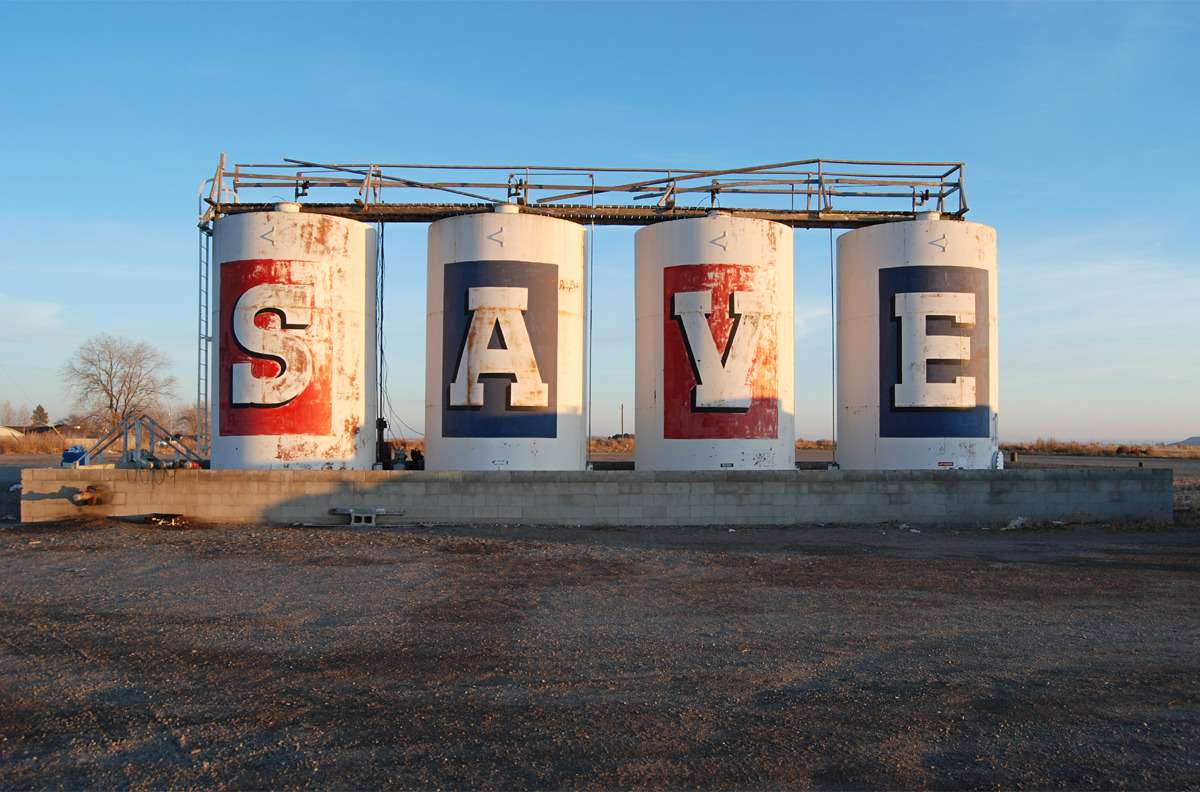Save Us From All the SAVE Acts
12 "SAVE Acts" introduced in Congress since 2010


It's a well-known fact among people who follow public policy that the more grandiose or cutesy a piece of legislation's name, the worse policy it will be. Maybe there's a seminar freshman lawmakers are forced to take or something: How to name your bill so as to obscure the massive expansion of government power and spending within 101. Standards like the "Patriot Act" are surely taught, but anyone can pick a noble-sounding misnomer, really. Gold stars only go to legislators who can string together a hyperbolically descriptive title that also shortens to an evocative acronym.
Last week, we witnessed one stellar example of this. The "Stop Advertising Victims of Sexual Exploitation" Act, passed by the U.S. House of Representatives and scuttled along to the Senate, shortens sweetly into the "SAVE Act." It's near-perfect, really, squeezing in the emotion-laden phrase "victims of sexual exploitation," a call to action ("stop"), and an ultimate goal or payoff (they're SAVEd!). Of course, the type of sexual exploitation the bill is concerned with—sex-trafficking, i.e. forcing someone into prostitution against their will—is already criminalized, as is aiding or abetting sex-traffickers. Under already existing laws, placing an advertisement for a sex-trafficked adult or minor is illegal. The aim of this bill is to hold websites such as Craigslist liable for such advertisements, even though these sites do not screen user-generated advertisements and are home to tens of thousands of postings daily. The goal seems to be getting classified-ad clearinghouses to stop running personal ads and adult-oriented ads entirely in order to avoid potential prosecution should an ad for a victim of sexual exploitation slip through.
But personal ads are far from the only thing Congress wants to SAVE us from. In searching Congress.gov last week, I turned up all sorts of legislation that acronyms-up to SAVE. Who'd have thunk? Lawmakers really like portraying themselves as our heroes. Here are 10 SAVE Acts introduced by U.S. legislators since 2010.
Securing the Assistance of Victims of Exploitation (SAVE) Act of 2015
A bill "to preserve the access of victims of trafficking to information about their eligibility to receive SNAP benefits."
Small Businesses Add Value for Employees (SAVE) Act of 2014
A bill to "amend the Internal Revenue Code of 1986 to encourage retirement savings by modifying requirements with respect to employer-established IRAs."
Securing Assistance for Victims' Empowerment (SAVE) Act (2014)
A bill to "amend the Internal Revenue Code of 1986 to eliminate the specific exemption for professional football leagues" and to "provide an additional authorization of appropriations for the Family Violence Prevention and Services Act."
Serving America's Veterans Effectively (SAVE) Act of 2014
A bill "to promote identification of veterans and their health needs in furnishing of items and services under the Medicare, Medicaid, and other programs," and to authorize the Secretary of Health and Human Services to "make grants to organizations to educate health care providers on appropriate health care for veterans."
Sensible Accounting to Value Energy (SAVE) Act of 2014
A bill to "reduce the amount of energy consumed by homes, to facilitate the creation of energy efficiency retrofit and construction jobs, and for other purposes."
Secure America Through Verification and Enforcement (SAVE) Act of 2013
A bill "to provide immigration reform by securing America's borders, clarifying and enforcing existing laws, and enabling a practical employer verification program."
Military Sexual Assault Victims Empowerment (SAVE) Act (2013)
A bill to establish "a program that ensures that veterans and members of the armed forces may receive treatment from private providers for military sexual trauma."
Savings, Accountability, Value, and Efficiency (SAVE) Act (2013)
A bill to "reduce waste and implement cost savings and revenue enhancement for the Federal Government."
Campus Sexual Violence Elimination (SaVE) Act (2013)
A bill to "amend the Higher Education Act of 1965 to improve education and prevention related to campus sexual violence, domestic violence, dating violence, and stalking."
Save Our Industries* (SAVE) Act (2010)
A bill to "provide for preferential duty treatment to certain apparel articles of the Philippines." (*This legislator clearly failed the acronym class.)
Safe Schools Against Violence in Education (SAVE) Act (2010)
A bill to "require states to allow a student who is attending a public school that does not have a safe climate for academic achievement, or who becomes a victim of a violent criminal offense while on school grounds, at a school event, or on a school bus to transfer to a safe public school within the school district. "
(Just to be clear: This is intended as a lighthearted look at Congressional linguistics. I haven't thoroughly evaluated the content of all of these bills, most of which went nowhere, and I don't mean to imply that all of them were terrible.)
Show Comments (18)